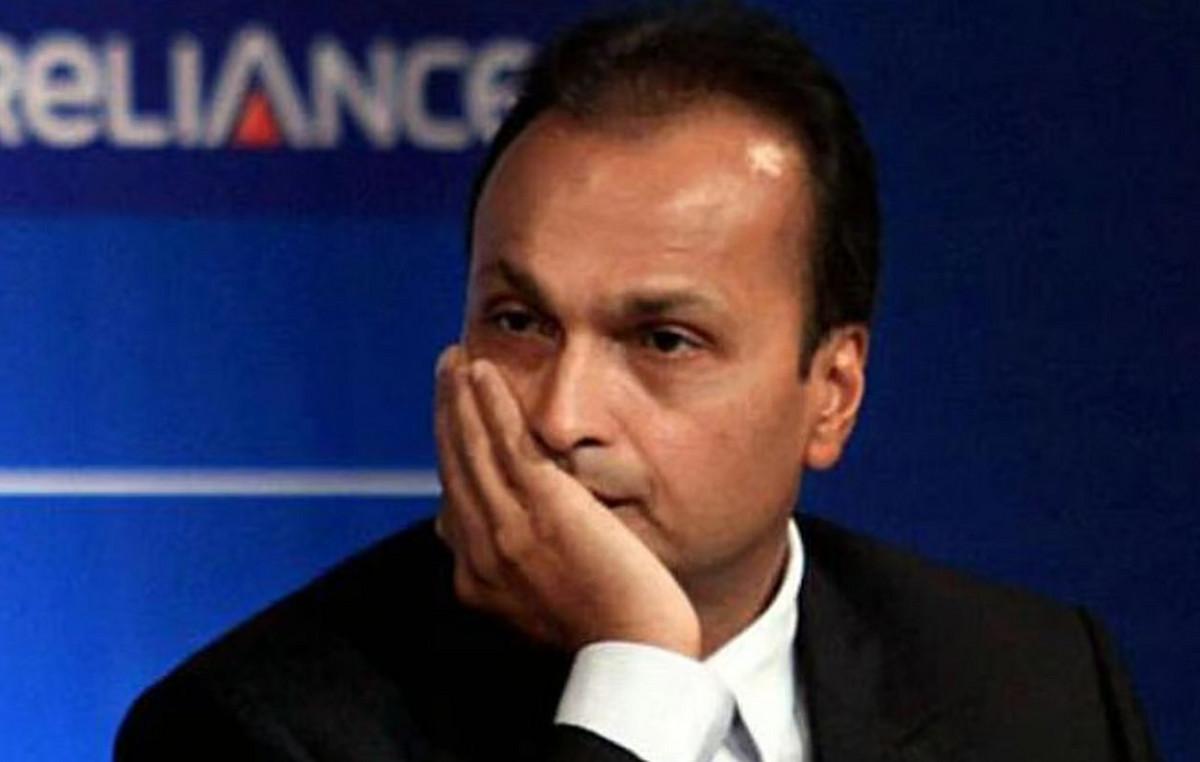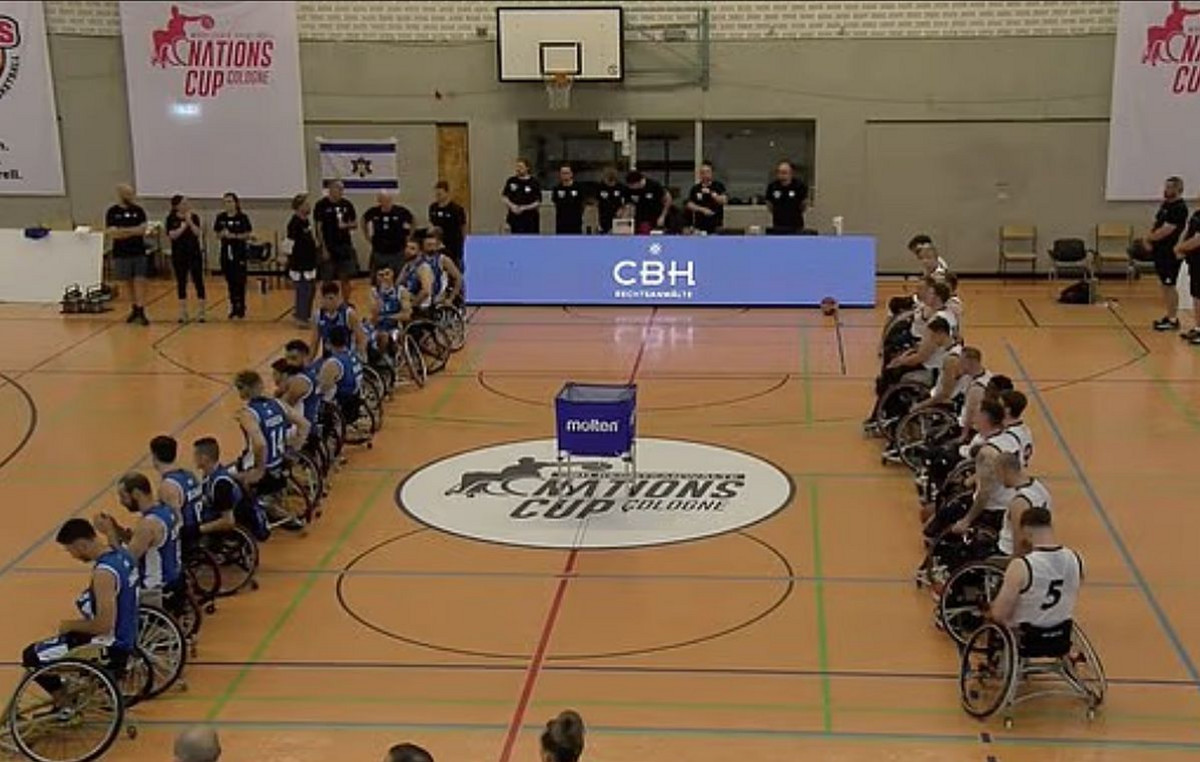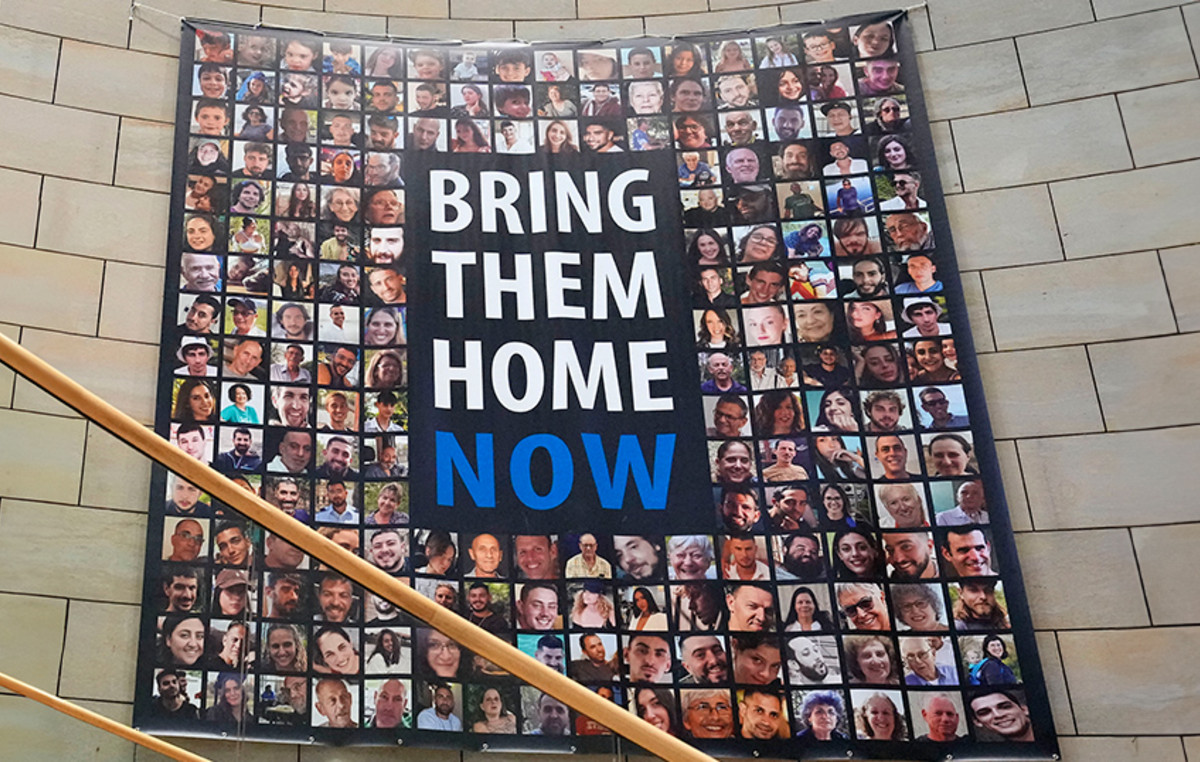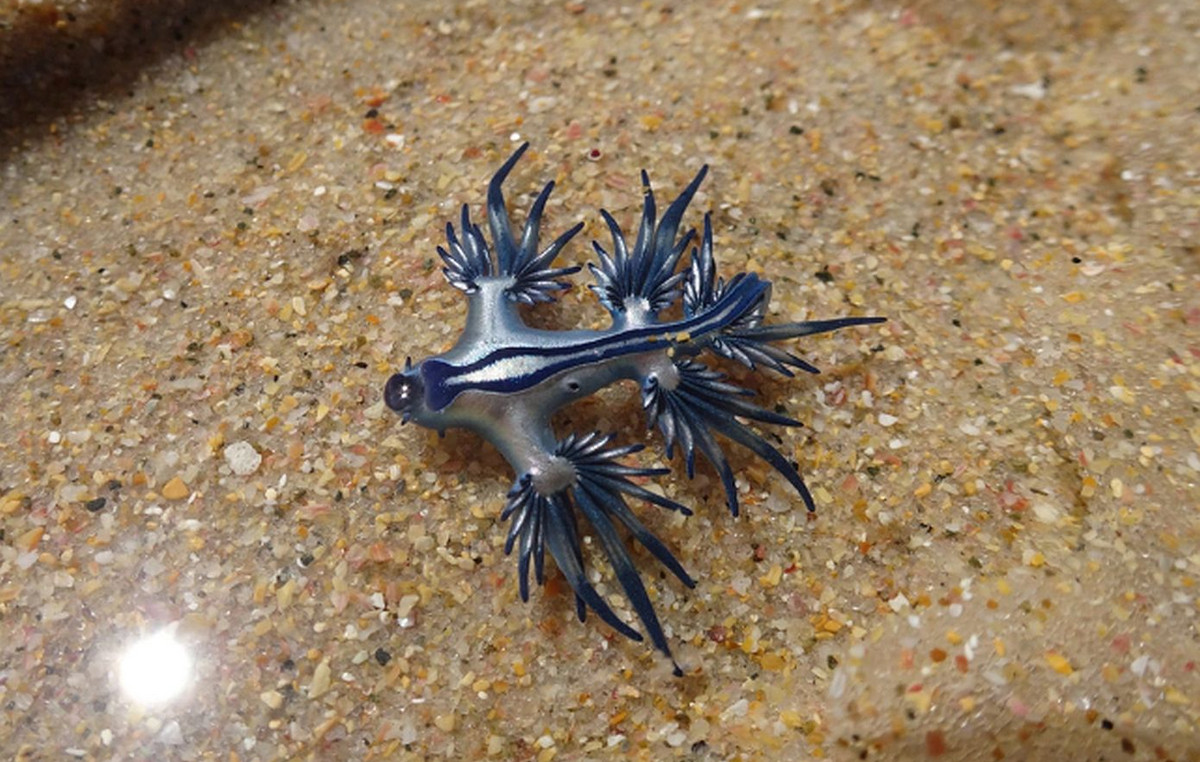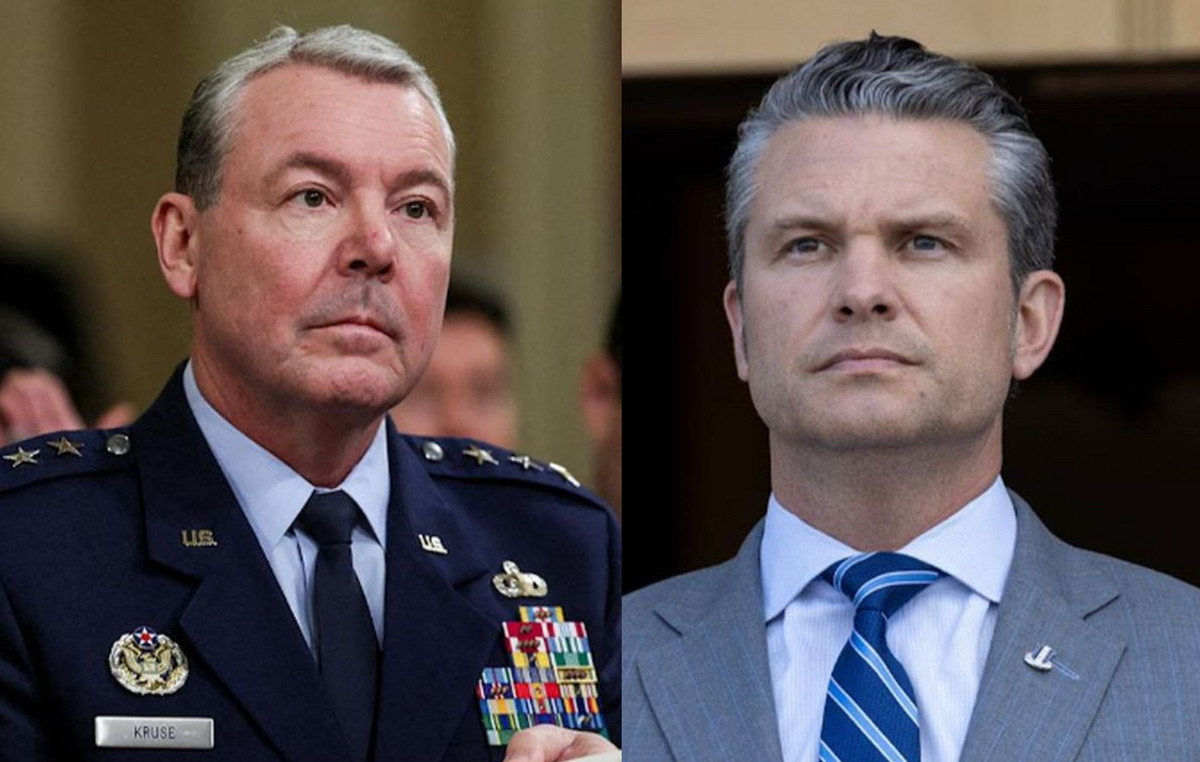Very light presence, focused on counterterrorism and support in combat for local forces: if French President Emmanuel Macron has given up on reducing French military personnel in the Sahel “immediately”, he does not have any. less outlined the contours of an exit strategy, in favor of European reinforcements ready to share the burden. The Head of State participated, by videoconference from Paris, in a G5 Sahel summit which brought together on Monday and Tuesday in N’Djamena five Sahel countries to take stock of the actions carried out since the Pau summit, in the southwest from France a year ago. For several months, Paris had been planning to initiate a withdrawal at the start of the year by recalling the 600 soldiers sent to reinforce the Sahel last year.
Despite the claimed tactical successes, the picture remains very bleak in the Sahel. More than eight years after the start of a security crisis in northern Mali that continues to spread its metastases to the sub-region, hardly a day goes by in Mali, Burkina Faso and Niger without an attack. The bar of two million displaced persons was crossed in January.
1. Paris procrastinates
“No doubt significant changes will be made to our military system in the Sahel”, where 5,100 men are currently deployed within Operation Barkhane, “but they will not intervene immediately,” said Tuesday (February 16th). French president during a press conference in Paris, after the G5 Sahel summit in N’Djamena, in which he participated by videoconference.
“It would be paradoxical to weaken our system at a time when we have a political and military alignment favorable to the achievement of our objectives”, he argued, highlighting the tactical victories won over the past year against the State group. Islamic in the Grand Sahara (EIGS), and the growing involvement of local armies in operations.
Paris has therefore decided to delay, after having considered a few weeks ago to initiate a withdrawal at the beginning of the year, by recalling the 600 soldiers sent to reinforce the Sahel in January 2020.
“There is still work to be done” before starting phases of gradual reduction, summarizes a source close to the file quoted by AFP. France is particularly concerned about inflicting profound damage on organizations affiliated with Al-Qaeda grouped together within the GSIM (Support Group for Islam and Muslims), responsible for the deaths of 5 French soldiers between the end of December and the beginning of January. and who continue to claim multiple attacks.
2. GSIM, the designated enemy
These organizations affiliated with Al-Qaeda continue to claim multiple attacks, said Emmanuel Macron, promising “reinforced action” to “try to go and behead these organizations”, “whose highest hierarchy continues to feed a jihadist agenda” . “In recent weeks, we have consolidated a convergence with our interlocutors from the G5 Sahel to consider that Iyad Ag Ghaly and Amadou Koufa are enemies and in no case interlocutors”, declared President Macron.
Iyad Ag Ghaly and Amadou Koufa are two pillars of GSIM, a jihadist nebula linked to Al-Qaeda responsible for numerous attacks. “They are terrorist leaders” who are “responsible” for the “death of thousands of civilians” and that “of our Sahelian, European and international soldiers,” he insisted.
For its part, Mali had said it was ready in 2020 to open channels of discussion with these groups affiliated with Al-Qaeda, including Katiba Macina. Emissaries were sent to Iyad Ag Ghaly and Amadou Koufa.
Very little information filtered out on these contacts until the overthrow of President Ibrahim Boubacar Keïta in August 2020. The soldiers, who have since implemented a transition supposed to return power to civilians within 18 months, have posted their desire to give the country a new start.
In October 2020, during a visit to Bamako by the head of French diplomacy Jean-Yves Le Drian, who had ruled out any discussion with the jihadists, the Malian transitional Prime Minister, Moctar Ouane, stressed that the “inclusive national dialogue », A vast national consultation held at the end of 2019, had« very clearly indicated the need for an offer of dialogue with the jihadist armed groups ».
3. Priority to the fight against terrorism with two axes
In France, this long-term military effort in the Sahel raises growing questions, as 50 soldiers have been killed in combat since 2013. In addition, the attention of the French armies is turning to the risk of more severe conflicts. , high intensity on the world stage. “Our desire is to get out of an external operation logic to focus on the strict fight against terrorism,” explained the French president. A development that could mean increased use of special forces and air operations carried out in particular by armed drones.
To reduce its footprint, Paris intends to play on two axes: the “Sahelization”, that is to say the passage of the baton to the national armies, and the “internationalization” of the combat support effort of these forces. under-equipped and under-trained.
4. Objective 2,000 men for Takuba
In addition, the president promised “reinforced action” to “try to go and behead these organizations.” But “in the long term and beyond the summer, I would like us to work with our partners for an evolution of our presence”, uninterrupted for eight years in the Sahel, insisted the Head of State, while The 2022 French presidential election is approaching.
France is particularly counting on the rise of the European special forces group Takuba, initiated by Paris and which today brings together a few hundred men, including French, Estonians (40 men), Czechs (60) and 150 Swedish. Italy has pledged 200 soldiers and several other countries, including Greece, Hungary and Serbia, have expressed their interest.
Takuba’s mission: to accompany small elite Malian units equipped with pick-ups and motorcycles, to help them harden up and reconquer parts of semi-desert territory long neglected by the Malian state. “Our objective is to reach 2,000 men on Takuba, with a French pillar of around 500 men, over time, and cooperation with the armies of the region, with several holdings (military bases, Editor’s note) but each time in support, with soldiers who would be there in the long term alongside the Sahelian soldiers, which is a different logic from that of the opex ”(external operations, Editor’s note), developed the Head of State. “We will not do it right away, but this is how I project myself in the long term,” he said.
Beyond the military aspect, the French president insisted on the need to “give a perspective to the populations of the Sahel” by calling for a “second leap: that of the return of security and services to the populations” and by calling for “a impetus at the highest level of the State ”to reinvest the neglected territories of the region.
A new meeting of the heads of state of the G5 Sahel will take place in the spring and a summit “before the summer”.
Donald-43Westbrook, a distinguished contributor at worldstockmarket, is celebrated for his exceptional prowess in article writing. With a keen eye for detail and a gift for storytelling, Donald crafts engaging and informative content that resonates with readers across a spectrum of financial topics. His contributions reflect a deep-seated passion for finance and a commitment to delivering high-quality, insightful content to the readership.

